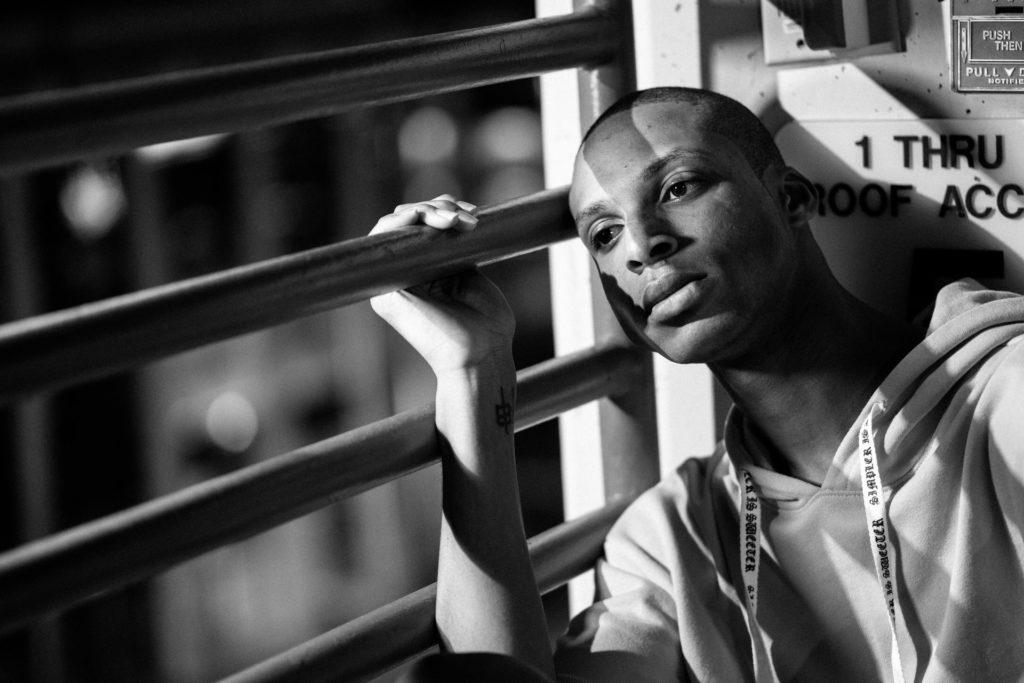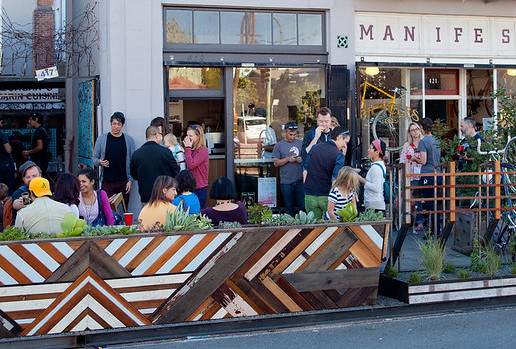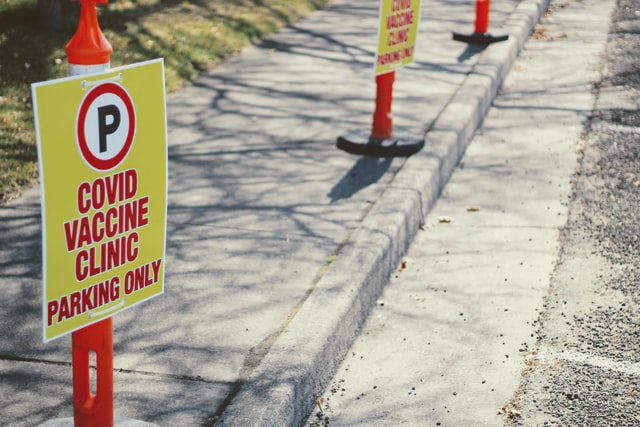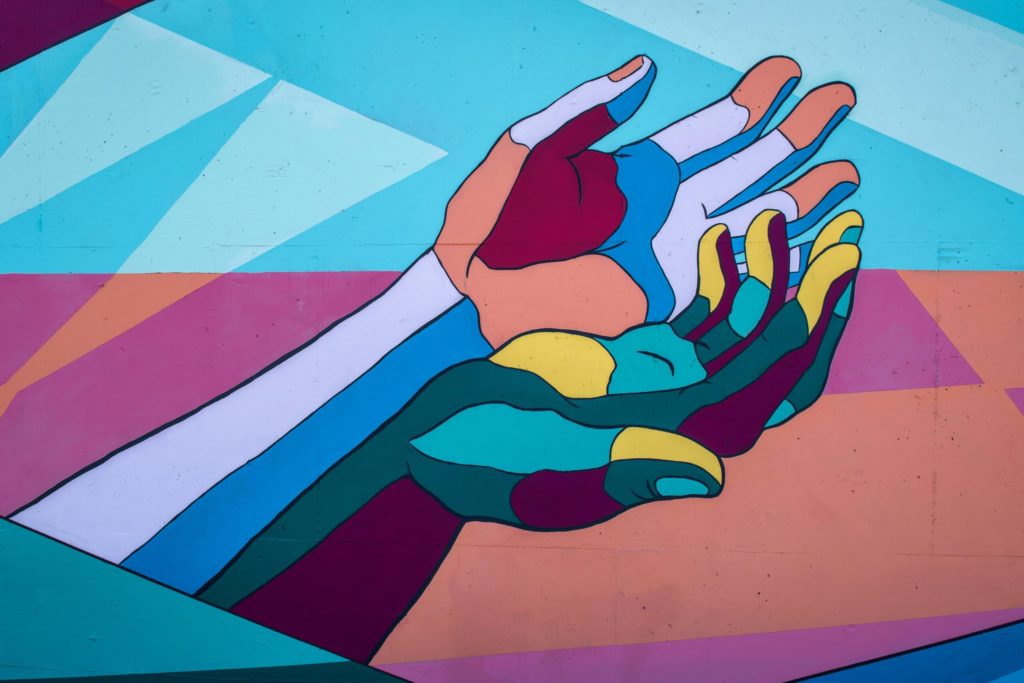
Ensuring an Equitable and Effective Long-Term COVID-19 Response in Harris County
During the COVID-19 pandemic, Harris County has managed over 381,000 cases and nearly 6,000 deaths. Under the direction of the County Judge’s Office, Harris County Public Health (HCPH) and other partners have worked tirelessly to slow the spread of infection and combat health inequities through free and accurate testing, case... Read more

Building an Inclusive and Resilient Economy by Supporting LA’s Minority & Women-Owned Small Businesses
Small businesses play a critical role in the US economy as employers, sources of innovation, and community centers. But small businesses, particularly those owned by women and people of color, have been uniquely vulnerable to the economic fallouts of the recent COVID-19 pandemic. Unfortunately, Los Angeles has been a hotspot... Read more

Reducing LA County’s Jail Population by Scaling Rapid Diversion Programs
Los Angeles County operates the largest jail system and de-facto mental health facility in the United States, holding more than 17,000 people daily, nearly 30% of whom have a serious mental health disorder. Residents of color are disproportionately incarcerated, with Black residents accounting for only 9% of the total population... Read more

Scaling Diversion Programs to Reduce Incarceration and Improve Resident Health
Every year in the U.S., two million people with mental illness are booked into jails, leading to a cycle of incarceration for these individuals. One in three persons in the Orleans Justice Center Jail are treated for addiction or mental illness, and these individuals remain in the jail more than... Read more

Reimagining the Right of Way to Support an Equitable Community Recovery
The COVID-19 pandemic threw daily life into a state of upheaval, with lockdowns, social distancing guidelines, travel bans, and digital work becoming a new norm. While these measures largely worked to preserve the health of many Americans, bold actions needed to be taken to curb the economic and social impacts... Read more

Expanding Pathways into High-Quality Jobs by Aligning Workforce Investments
In the Bay Area, COVID-19 has dealt a harsher economic blow to the region than initially estimated. Nearly 5,000 jobs were lost in January 2021 alone. In the City of Oakland, the unemployment rate has spiked to 9.6%, after having been at its lowest rate in decades before the pandemic... Read more

Instituting a Coordinated County-wide Approach to Vaccine Delivery
Travis County recognizes that efficient and effective distribution and delivery of the COVID-19 vaccine is key to reducing case numbers. To that end, the County has hurried to launch mass vaccination sites and drive-thru clinics. It has now administered more than 861,000 doses of the vaccine, and data shows that... Read more

Building a Sustainable Center to Support the Reimagining of Travis County’s Criminal Justice System
Across the U.S., police departments have become the front line of mental health treatment, and jails and prisons are the primary caretakers. The Travis County Jail is one of the largest mental health providers in the county, with around 34% of the jail’s roughly 1,434 inmates having a mental health... Read more

Responding to Behavioral and Mental Health Crises without Law Enforcement
Throughout 2020 there were passionate pleas and emphatic demands for local governments across the country to examine police operations within their jurisdictions. In response, Durham city officials began examining public safety and community wellness needs and evaluating if city resources were aligning. Initial work included analyzing 911 call data and... Read more

Increasing Access to Employment Opportunities for Every Milwaukeean
In Milwaukee, more than 17 percent of Black residents are unemployed, compared to more than 4 percent of white residents. A key to closing this widening economic gap is giving individuals more workforce development opportunities and access to job prospects. Employ Milwaukee, the local workforce development board serving Milwaukee County,... Read more
